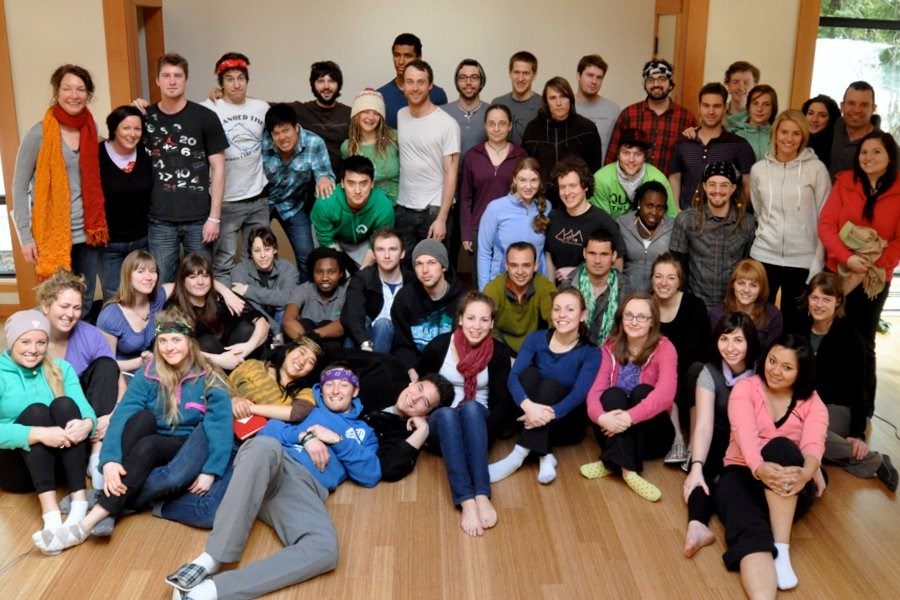Last week, we learned what many close to the university had feared for years — that Quest will suspend operations after this semester.
While the president is saying all the right things about restructuring and rebuilding, the reality is while that is not impossible, it is an uphill battle.
The financial issues the institution struggles with aren’t going to magically go away, and it no longer owns the campus or the lands.
While there are many questions to be asked about what went wrong and who is to blame, those likely matter little to the students, faculty and staff who are winding down a dream.
What was Quest meant to be?
Begun by the late geophysicist and university administrator David Strangway, Quest University Canada opened in September 2007 with 73 students and seven faculty.
At its peak, in the fall of 2015, it had about 700 students and about 50 faculty members, the capacity the original founders had placed on it.
It currently has about 200 students and about two dozen faculty, according to its website.
It was a bold experiment: Canada’s first independent, not-for-profit, secular university.
Classes were so small that students could truly know their professors — called tutors at the school — something those who attended typical universities could hardly fathom.
The main idea of the education was that in a world with so much information, the usual model of education — treating students as cups that needed to be filled with more information — no longer served the learner. Instead, at Quest, the goal was to teach students how to find and verify the information for themselves — to ask the questions that needed to be answered.
If you speak to many of the students who have graduated, they feel transformed by the experience and well-educated to think critically and adapt — an important thing in today’s topsy-turvy world.
In an interview during the school’s short heyday, David Helfand, president of Quest University from 2008 to 2015, said its founders knew it was a brave gamble.
“I quickly realized how great an experiment it was and how precious it was. There were many times that it was not at all obvious that it would succeed, for a variety of reasons, none of them pedagogical,” he told Canadian magazine University Affairs. “There’s a reason why people don’t start universities all the time — because it’s hard.”
While the end is not what anyone who cares about the school could have wanted, the fact that it existed is, in many ways, a triumph that has likely impacted education for the better.
Let’s hope others can improve on the original design and start anew.
Until then, the faculty and students who passed through the doors on its beautiful campus will carry what they learned into the world with an education that can’t be taken away from them.
Full disclosure: Editor Jennifer Thuncher’s son graduated from Quest a few years ago and, until recently, he worked for the school. She has passed any recent Quest stories to others for reporting and editing.



